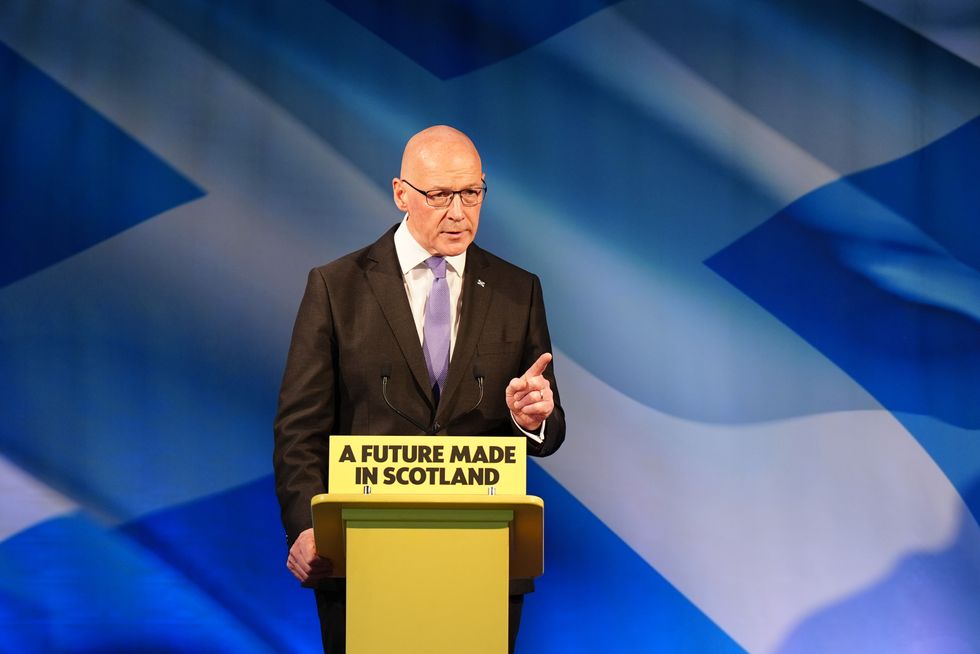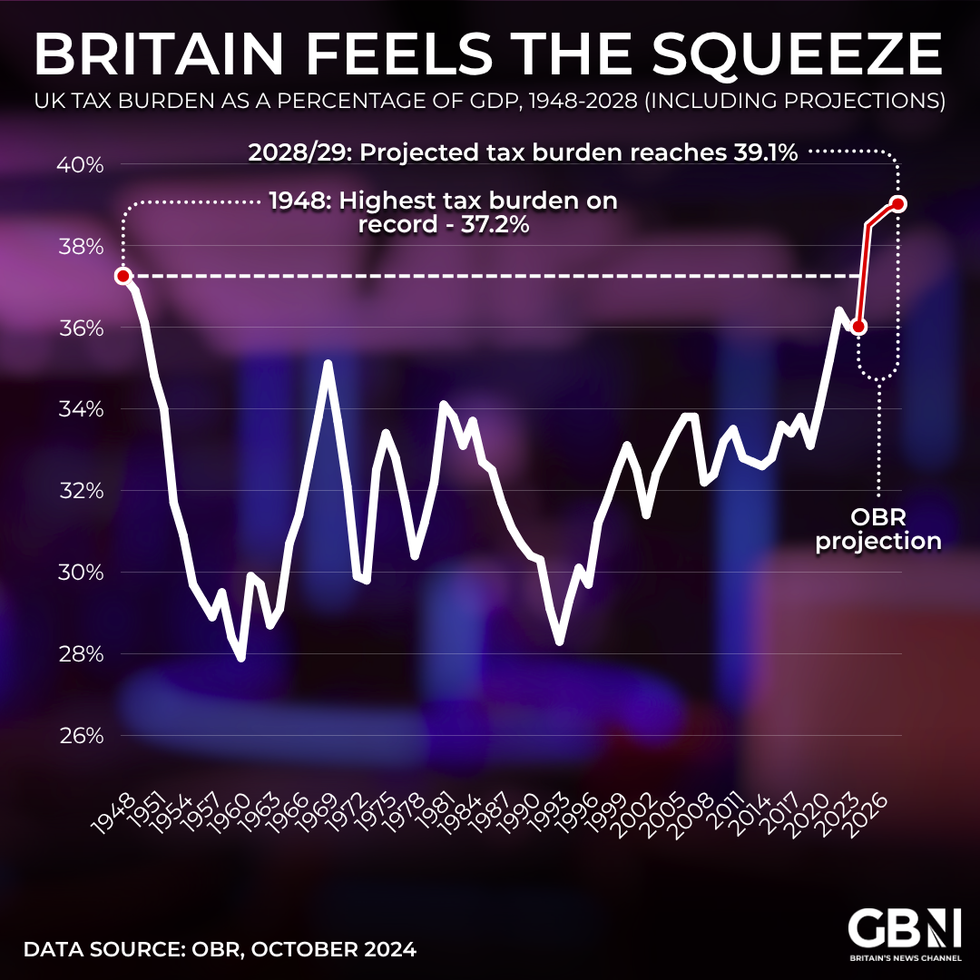Scotland’s Finance Secretary has demanded immediate talks with Chancellor Rachel Reeves as speculation mounts over potential tax increases in the 26 November Budget. Shona Robison has established three critical benchmarks that Westminster must satisfy in its upcoming fiscal announcement.
The Scottish minister’s intervention follows the Chancellor’s recent Downing Street address, which notably avoided ruling out tax rises whilst acknowledging “necessary choices” must be made due to global challenges facing the economy.
Ms Robison expressed concern that the Chancellor’s remarks have intensified speculation and created additional uncertainty regarding possible Labour tax increases, warning of significant financial implications for Scotland.
The Finance Secretary has outlined her demands for the Budget, insisting the Chancellor must abandon what she termed “outdated, restrictive fiscal rules” to address current economic realities.

She stipulated that all revenue generated through any Labour tax increases must be channelled into public services, with appropriate consequential funding allocated to Scotland.
Ms Robison’s third requirement centres on preventing budgetary reductions for Scotland, emphasising that imposing austerity would constitute a betrayal of Labour’s electoral commitments.
The SNP minister: “They came to office promising an end to austerity, so to impose it on Scotland would be a political betrayal from which Labour would never recover.”
Economic analysis suggests a two percentage point increase in income tax could reduce Scotland’s budget by £1billion, according to the Fraser of Allander Institute.

Ms Robison declared: “Let me be clear: Scotland should not be left paying the price for Labour’s broken promises.”
The Finance Secretary criticised the previous year’s Budget as a “disaster” that imposed taxes on employment and vulnerable groups whilst failing to address child poverty.
She stated: “I have requested an urgent meeting with the Chancellor and will be clear to her that her Budget must meet these three key tests.”
The Treasury has responded by highlighting Scotland’s funding arrangements, with a spokesperson stating: “Our record funding settlement for Scotland will mean over 20 per cent more funding per head than the rest of the UK.”
Westminster officials pointed to substantial investments including £8.3 billion for GB Energy-Nuclear and GB Energy in Aberdeen, up to £750million for Edinburgh University’s new supercomputer, and £452million across four years for Scottish City and Growth Deals.
The Treasury spokesperson defended the Government’s approach, asserting: “This investment is all possible because our fiscal rules are non-negotiable, they are the basis of the stability which underpins growth.”
Rachel Vahey, the head of public policy at AJ Bell, previously broke down what a potential tax raid could like on November 26’s fiscal statement.
Ms Vahey said: “Reeves has, up to now, doggedly pledged to stick to her manifesto promises and not increase national insurance, income tax or VAT for working people.

“But as rumours abound that the Office for Budget Responsibility (OBR) is about to lower its productivity forecasts even further, Reeves’ hand may now be forced and she might have to do the previously unthinkable and raise income tax.
“Reports suggest that the chancellor is considering an increase in income tax by 1p across the board. For someone earning £35,000 a year, roughly the average income of a UK adult, an extra 1p on income tax would see their annual bill rise from £4,486 to £4,710 – an increase well in excess of £200.
“If this were to happen, there would be an extra incentive for those affected to contribute to a pension, as the tax relief available will increase by one percentage point. For a basic rate taxpayer, this would mean getting £100 in a pension would only cost £79, with £21 added through tax relief, compared to £80 today.
“Another option put forward is raising income tax but cutting the main rate of employee national insurance by the same amount. That would raise tax rates for pensioners, landlords, savers and perhaps those with dividend income too, while offsetting the impact on workers.”
Our Standards: The GB News Editorial Charter







Follow